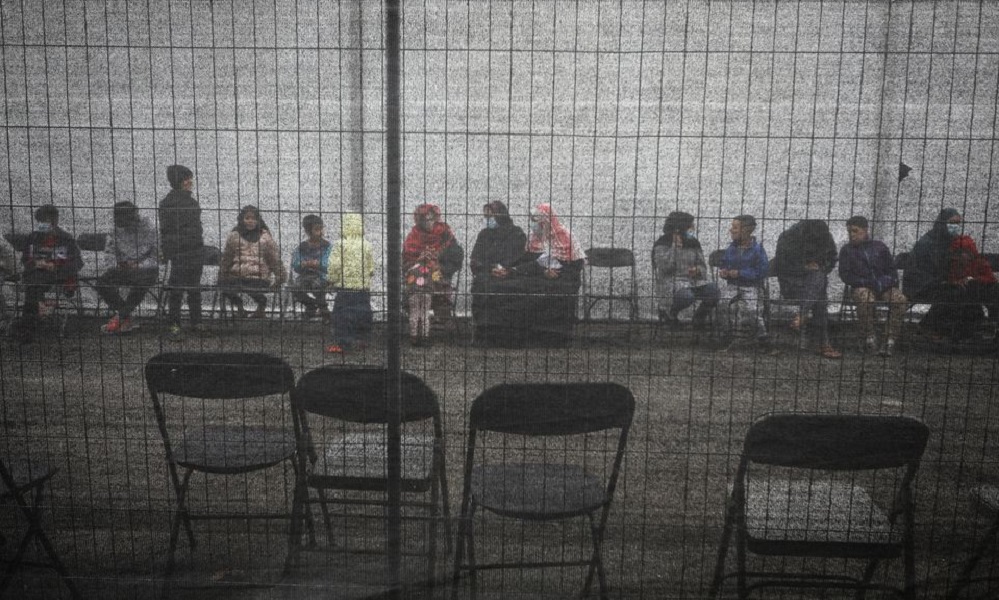The US government next month will halt – with a few exceptions – the temporary relocation of Afghans to the United States and instead focus on reuniting immediate family members with pathways to permanent residence, Reuters reported citing a senior US official.
The policy revision follows criticism by some lawmakers, refugee organizations and veterans groups that the administration failed to properly plan the evacuation of Afghans at risk when it pulled the last US troops out of Afghanistan a year ago.
The administration says the evacuation – marred by chaos at Kabul airport and a suicide bombing that killed 13 US service members and more than 170 Afghans – was a success, with nearly 90,000 Afghans resettled in the United States in one of the largest operations of its kind.
The revised policy, dubbed Enduring Welcome, begins on October 1.
Under the changes, the official said, the United States will stop – with a few exceptions – admitting Afghans on humanitarian parole, a special program that grants temporary entry but no pathway to lawful permanent residence.
At a press briefing on Thursday, White House spokesperson Karine Jean-Pierre restated the administration’s commitment to Afghan allies and detailed changes made to its relocation assistance policy.
“We are adopting a new model where Afghan arrivals will travel directly to the communities where they will be moving with the help of refugee resettlement organizations without a safe haven stopover in the United States,” Jean-Pierre said.
The revised policy, the official said, will focus on relocating to the United States immediate family members of US citizens, green card holders and Afghans with Special Immigration Visas (SIVs) granted to those at risk of Taliban retaliation because they worked for the US government.
Family members admitted from those categories will have “long-term, durable status,” according to Jean-Pierre.
“Afghans who are looking to resettle in the United States will remain with an immigration status that provides a path to long-term permanent residence rather than a temporary status, which is what’s provided through humanitarian parole,” she said.
The revised policy follows months of talks between the administration and the AfghanEvac coalition of groups that help evacuate and resettle Afghans in the United States.
“It’s a massive deal for us,” said Shawn VanDiver, the coalition head, adding that the government still needs to improve processing SIV applications and increase relocation flights.













